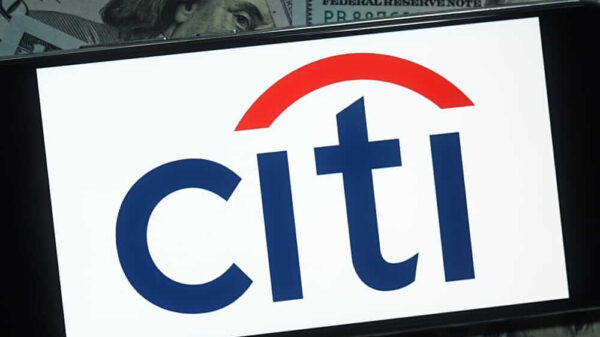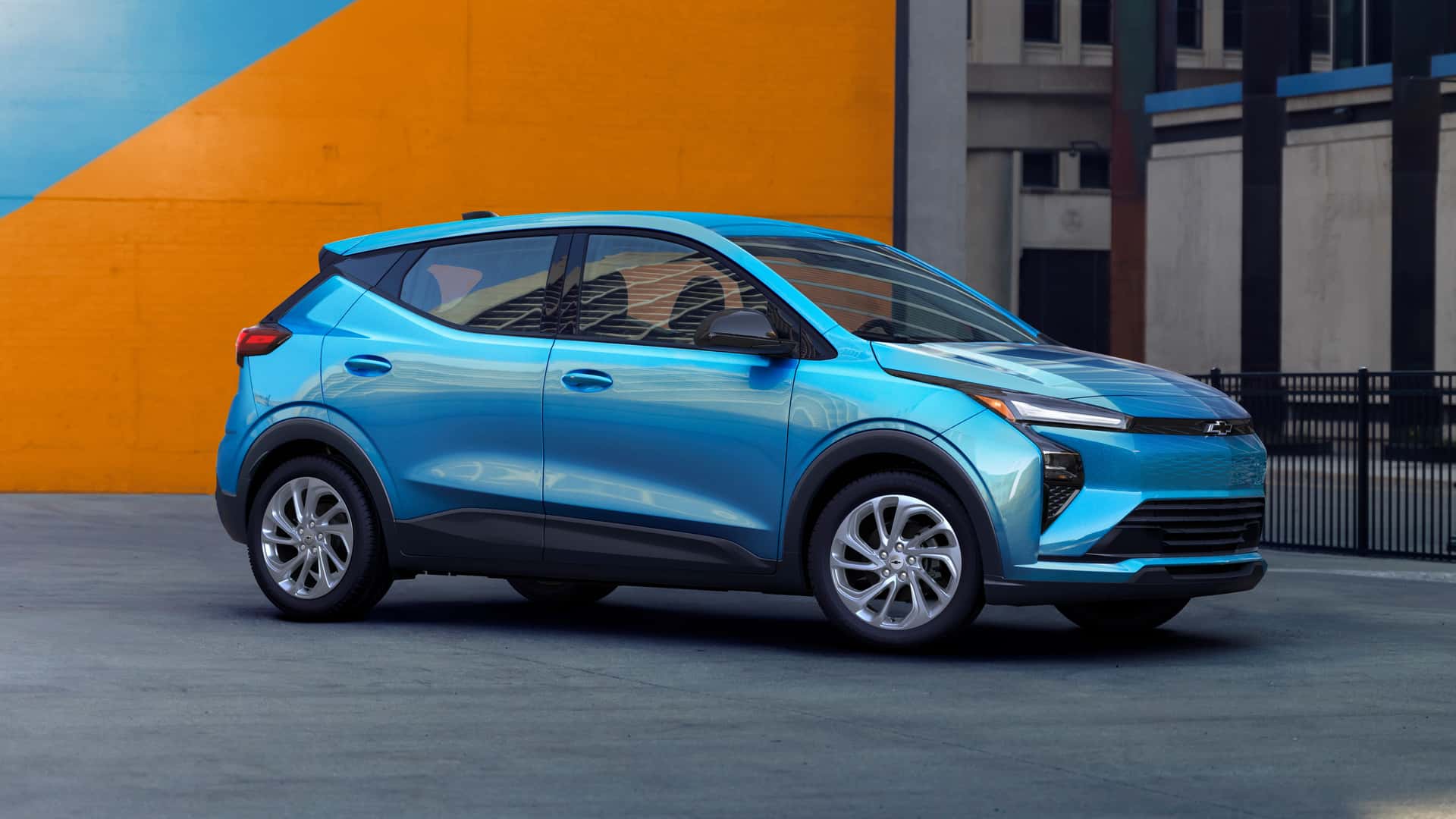The 2027 Chevrolet Bolt represents a significant advancement from its predecessor, incorporating improvements in driving range, charging speed, and overall performance. With a maximum charging speed now reaching 150 kilowatts, the new Bolt facilitates quicker road trips, making it a more viable option for long-distance travel. According to Chevrolet, this new model is equipped with a Tesla-style charging port, enhancing compatibility with a broader network of fast chargers.
During a media briefing on Thursday, Chevrolet detailed the enhancements made to the Bolt’s charging performance. The previous model was limited to a maximum charging speed of just 50 kilowatts, which meant it took over one hour to fully recharge using a DC fast charger. In contrast, the 2027 Bolt’s peak charging speed of 150 kW aligns it with competitors such as the Nissan Leaf and Ford Mustang Mach-E, while surpassing the Hyundai Kona Electric and Kia Niro EV, which are capped at 100 kW.
The new Bolt’s driving range has seen a modest increase, from an EPA-estimated 247 miles to an estimated 255 miles. More importantly, charging time has dramatically decreased, allowing owners to achieve a 10-80% charge in just 26 minutes. This improvement positions the Bolt as a more attractive option for those considering electric vehicles for travel.
Jeremy Short, Chief Engineer for the Bolt, remarked, “It used to be known as a commuter car. Now it’s a bona fide road trip vehicle.” The enhancements address previous limitations, particularly in winter conditions where charging times would extend due to the lack of preconditioning.
The integration of the Tesla-style North American Charging Standard (NACS) port marks a significant shift for Chevrolet, granting access to an extensive network of Superchargers across the country. However, owners will still need to purchase CCS to NACS adapters if they wish to utilize non-Tesla charging stations, such as those operated by Electrify America and ChargePoint.
The development process for the new Bolt was rigorous, involving four test cycles covering more than 3,000 miles between Michigan and California. Testing included 117 charging sessions across nine different charging networks, with an average consumption rate of 3.1 miles per kilowatt-hour.
Beyond faster charging, the Bolt benefits from substantial internal upgrades. Over 50% of its components are either new or modified, including the introduction of a 65-kilowatt-hour lithium-iron-phosphate (LFP) battery and a new electric drive unit. Although the exterior design remains largely unchanged to maintain cost-effectiveness, the internal enhancements contribute to the vehicle’s overall efficiency and performance.
The starting price of the 2027 Bolt is an appealing $29,990, making it the most affordable new electric vehicle in the United States. This price point is vital, especially considering the recent expiration of the federal tax credit for electric vehicle purchases.
Inside, the Bolt features a modern 11-inch gauge cluster alongside an 11.3-inch infotainment system with built-in Google services. While it does not include Android Auto or Apple CarPlay, testing has shown that the native Google system effectively provides navigation and charging station information.
The 2027 Chevrolet Bolt is set to launch in January 2027 and will primarily compete against the Nissan Leaf, which starts at $31,485. Despite being a “limited run” model, Chevrolet has indicated that there are no production constraints at this time. Prospective buyers are encouraged to act swiftly to secure their vehicle.
As the electric vehicle market continues to evolve, the enhanced capabilities of the 2027 Chevrolet Bolt position it as a strong contender for consumers seeking both affordability and performance in their electric vehicle choice.







































































